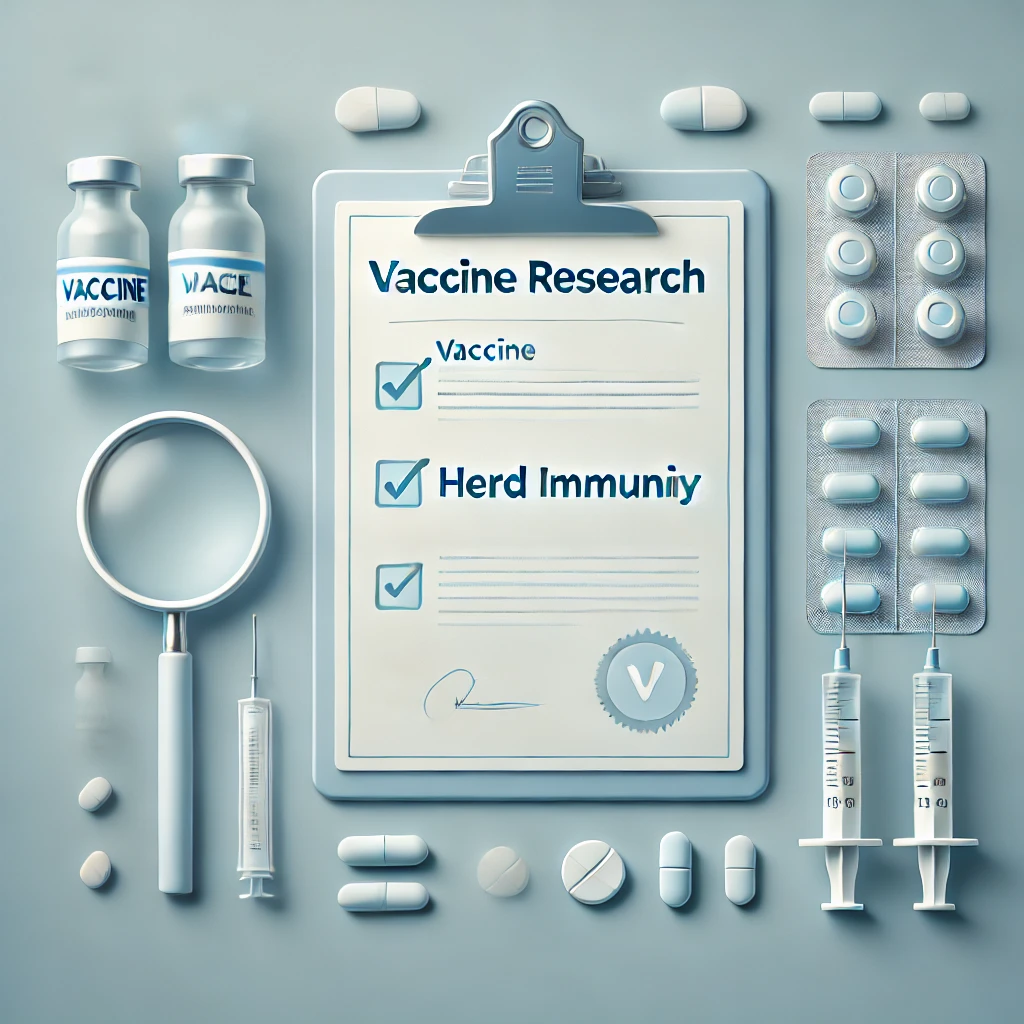
Herd Immunity and Vaccination Strategies
Protecting Communities through Strategic Vaccination and Herd Immunity
Skills you will gain:
The Herd Immunity and Vaccination Strategies program is designed to equip participants with the knowledge and skills needed to understand and apply the principles of herd immunity in various populations. Participants will explore the epidemiological basis of herd immunity, learn about different types of vaccines, and study the factors influencing vaccine uptake and coverage. This interdisciplinary program combines theoretical learning with practical applications, enabling participants to design and evaluate vaccination strategies tailored to specific populations and contexts.
Through a mix of lectures, and case studies, participants will engage with real-world data and scenarios to develop their skills in immunization program planning and evaluation. They will learn to use epidemiological and statistical tools to assess vaccine impact and effectiveness, understand the socio-cultural factors affecting vaccination, and explore policies and regulations governing vaccine deployment. This program is ideal for public health professionals, researchers, and policymakers seeking to enhance their expertise in vaccination strategies and herd immunity.
Aim: The aim of the “Herd Immunity and Vaccination Strategies” program is to provide participants with a comprehensive understanding of herd immunity concepts and the development and implementation of effective vaccination strategies. Through this program, participants will learn to analyze vaccination coverage data, design immunization programs, and evaluate the impact of vaccines on public health.
Program Objectives:
- Understand the principles and importance of herd immunity.
- Analyze vaccination coverage and its impact on public health.
- Design effective immunization programs for different populations.
- Evaluate the effectiveness and safety of vaccines.
- Understand the socio-cultural and policy factors influencing vaccination uptake.
What you will learn?
Week 1: Fundamentals of Herd Immunity
-
Basic concepts of immunity and population-level protection
-
Thresholds for herd immunity: R₀ and effective reproduction number
-
Natural infection vs. vaccine-induced immunity
-
Case studies: Measles, Polio, COVID-19
Week 2: Vaccine Types and Immunization Strategies
-
Classification of vaccines: live, inactivated, subunit, mRNA, vector-based
-
Routine immunization schedules and target groups
-
Ring vaccination, catch-up campaigns, and booster strategies
-
Cold chain logistics and vaccine coverage metrics
Week 3: Mathematical Modeling and Surveillance Tools
-
SIR, SEIR models in disease spread prediction
-
Surveillance systems for vaccine-preventable diseases (VPDs)
-
GIS and data dashboards for vaccine strategy planning
-
AI and data science in vaccination policy modeling
Week 4: Global Perspectives and Policy Frameworks
-
WHO guidelines and GAVI initiatives
-
Vaccine equity and global access challenges
-
Ethical considerations in prioritization and mandates
-
Future of immunization: digital passports, mHealth, and smart delivery systems
Intended For :
- Undergraduate degree in Public Health, Epidemiology, Medicine, or related fields.
- Professionals in healthcare, public health, or pharmaceutical industries.
- Researchers and policymakers involved in immunization programs.
- Individuals with a keen interest in vaccination strategies and public health.
Career Supporting Skills
